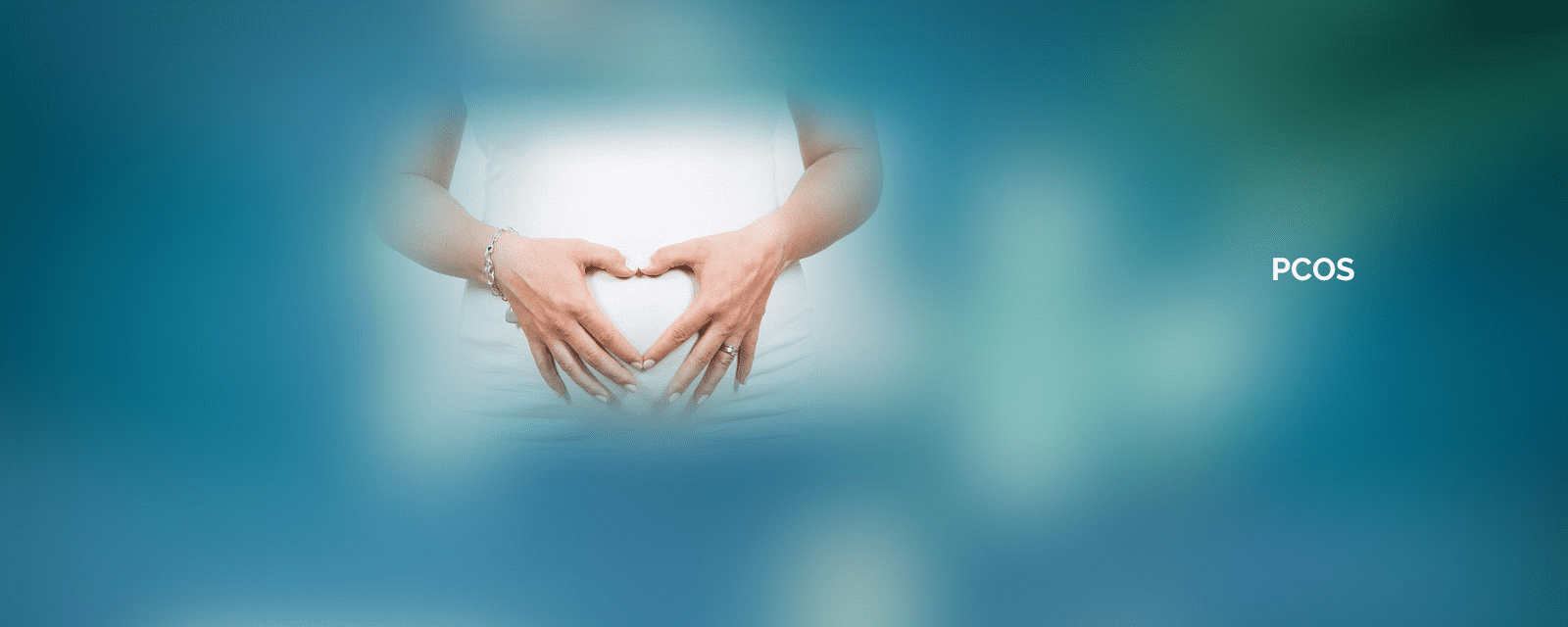PCOS or Poly-Ovarian Cyst Syndrome, is a condition of the endocrine system in women of reproductive age. Women with PCOS have enlarged ovaries, which are due to cysts filled with fluid, in each ovary, which are located with the help of an ultrasound examination. These cysts cause hormonal imbalances, making it difficult for women to get pregnant, and also cause unwanted changes in the way one looks. If not treated, PCOS can cause serious health problems like diabetes and heart disease, which are long-term effects of this condition.
Symptoms of PCOS usually start soon after puberty, but sometimes also develops during late teens and early adulthood. Women with PCOS have irregular or missed periods frequently, most women develop cysts in their ovaries, while many do not. Symptoms include:
- Weight Gain
- Fatigue
- Unwanted hair growth
- Thinning of hair on head (in some women in middle age)
- Infertility
- Acne
- Mood Swings
- Sleep problems
- Pelvic pain
- Headaches
- Deeper voice
Many women experience health problems like diabetes, high cholesterol and hypertension too, although they are not symptoms, but rather a result of this disease.
See a doctor if you or your loved ones have been experiencing these symptoms for an extended period of time. Always trust premier institutions like Paras Hospitals, which have specialized departments for treatment and care of your condition.
Although the exact cause of PCOS is unknown, doctors know that hormonal imbalances as well as genetics play a role. The hormones involved are androgen, insulin and progesterone. Women are most likely to develop PCOS if anyone in their family has had a history of PCOS, like their mother or sister. These are the risk factors linked with PCOS:
- Excess of Insulin: Excess of insulin produced by the pancreas’ beta cells effects ovaries by increasing androgen production, interfering with ovaries’ ability to ovulate.
- Low Grade Inflammation: Low grade inflammation may stimulate the ovaries to produce androgens.
- Heredity: Heredity remains the main risk factor involved with PCOS.
Although there is no cure for PCOS, it can be managed to lead a normal life. These are the treatments and managements that can be done:
- Changes in lifestyle: Losing excess weight and staying fit by exercising can alleviate many symptoms of PCOS.
- Medications: Different medications are given for different symptoms of PCOS like:
- Irregular or absent periods, maybe cured by giving contraceptive pills or progesterone tablets.
- Fertility: Most women with PCOS can get pregnant with the help of medication.
- Unwanted hair growth and hair loss: Can be controlled with medication.
- Cholesterol can be lowered using medications.
- Surgery: Ovaries can be surgically treated by heat and laser to destroy androgen producing tissue.



 Call us at
Call us at